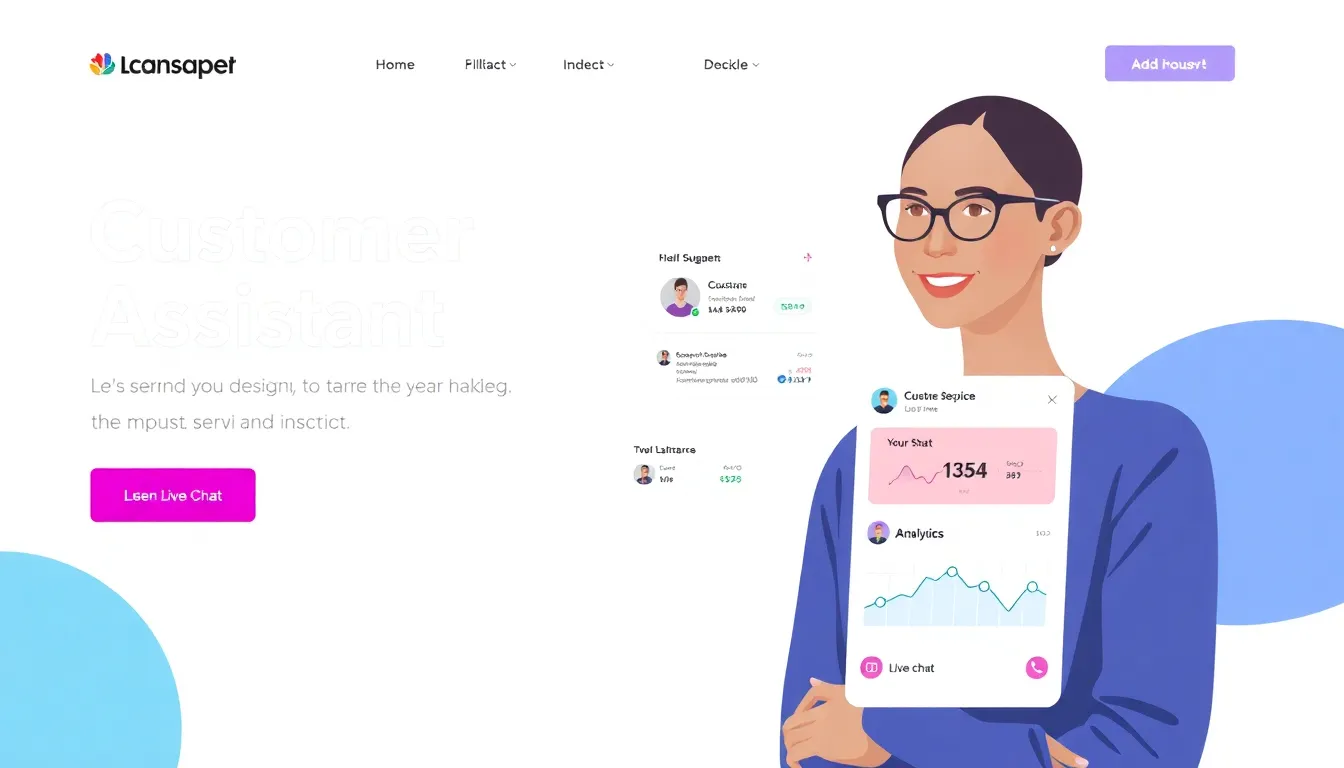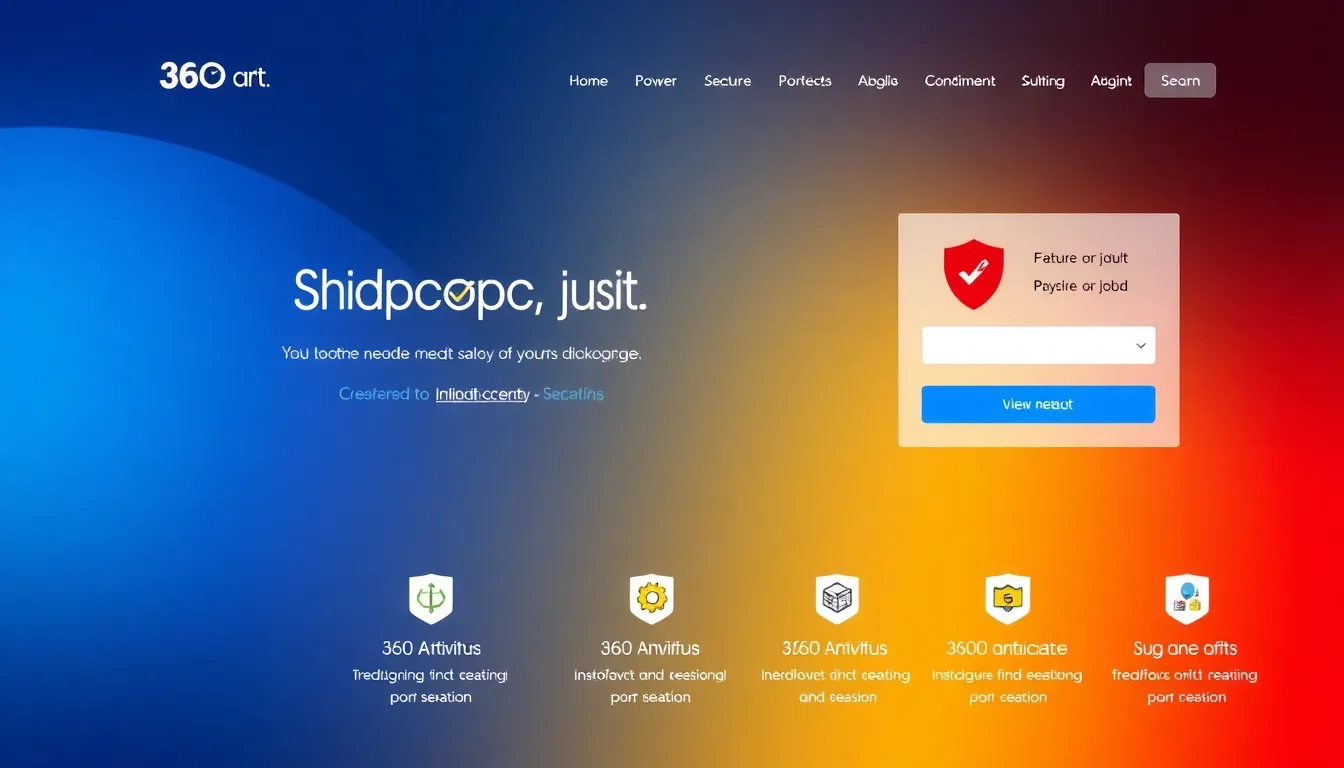
Understanding the Level 5 Diploma in Leadership and Management for Residential Childcare
The Level 5 Diploma in Leadership and Management for Residential Childcare is a vocational qualification designed for individuals aiming to manage childcare services for children and young people in residential settings. This qualification equips learners with the necessary professional skills and knowledge required to lead teams, manage operations, and ensure the safety and well-being of children in their care. If you’re seeking level 5 diploma in leadership and management for residential childcare answers, understanding this qualification’s structure, requirements, and relevance is essential.
What is the Level 5 Diploma?
The Level 5 Diploma is a recognized qualification in the UK that signifies the attainment of advanced skills in leadership and management within a residential childcare environment. It typically aligns with the regulatory framework set by the Education and Skills Funding Agency (ESFA) and is widely endorsed by various professional bodies. The course emphasizes practical application, providing students with insight into effective management strategies and best practices in childcare settings. The qualification usually consists of various mandatory and optional units that cover critical areas such as leadership, safeguarding, and child development.
Importance of the Qualification
The significance of the Level 5 Diploma cannot be overstated for anyone aspiring to hold a leadership position in residential childcare. This qualification not only enhances the credibility of professionals within the sector but also leads to improved career prospects. Graduates of the diploma are often viewed as competent leaders who can influence positive changes in childcare practices and lead teams effectively. Moreover, the knowledge gained from this diploma helps in fostering an environment that prioritizes the safety, development, and well-being of children and young people, which is paramount in childcare settings.
Course Structure Overview
The course structure generally features a mix of mandatory units and optional modules, designed to provide a comprehensive understanding of the various aspects of leadership within residential childcare settings. The mandatory units typically cover essential topics like:
- Leadership and management principles
- Safeguarding and child protection legislation
- Teamwork and staff development strategies
- Ethical considerations in childcare
Optional modules allow for specialization in areas such as inclusion, working with external agencies, and advanced child development theories. This flexibility ensures that learners can tailor their qualifications to suit their career ambitions and professional interests.
Key Modules and Their Relevance
Leadership and Management in Residential Settings
The Leadership and Management module is foundational, equipping students with skills related to governance, leadership style, and operational management within residential childcare environments. This includes understanding various leadership theories, decision-making processes, and how to foster a positive work culture. Effective leadership in childcare settings is crucial as it directly affects team dynamics and ultimately, the quality of care provided to children.
Safeguarding and Protecting Children
Another critical module focuses on safeguarding and protecting children. This module teaches professionals about relevant legislation, policies, and ethical practices ensuring children’s safety in residential settings. Students learn to identify signs of abuse and neglect, implement safeguarding practices, and liaise with relevant agencies to protect vulnerable children. The knowledge gained from this module empowers students to create safer environments, respond appropriately to safeguarding issues, and advocate effectively for children’s rights.
Team Management and Development Strategies
In any effective childcare setting, teamwork is vital. The Team Management and Development Strategies module explores key aspects of building, maintaining, and assessing team performance. It focuses on promoting collaboration, conflict resolution, and staff motivation. By learning how to manage and develop teams, professionals are better prepared to handle the various dynamics within their staff, leading to a more effective, motivated workforce that ultimately benefits the children they care for.
Study Tips for Success in the Level 5 Diploma
Effective Study Techniques
Studying for the Level 5 Diploma can be a challenging yet rewarding experience. Adopting effective study techniques can significantly impact your success. Here are some strategies:
- Set Realistic Goals: Break down your learning objectives into achievable tasks. Setting Small, measurable goals will help maintain motivation.
- Create a Study Schedule: Plan your study time effectively. Allocate specific times for reading, assignments, and exam preparation.
- Utilize a Variety of Resources: Engage with textbooks, online courses, webinars, and peer study groups to reinforce your learning.
- Practice Reflective Learning: Regularly reflect on what you’ve learned. This could be through journaling or discussing the material with peers.
Utilizing Resources and Support Systems
Don’t underestimate the value of the resources available to you. Many educational institutions offer access to online libraries, resources, and sometimes even free courses related to the diploma. Additionally, leveraging support systems such as tutors, mentors, and peer groups can enhance understanding and retention of course material. Don’t hesitate to reach out for help or clarification on challenging subjects.
Preparing for Assessments and Assignments
Assessment methods can vary, including written assignments, project work, and sometimes practical assessments. Preparing for these assessments involves understanding the assessment criteria thoroughly. Here are some tips:
- Review past assignments and assessments to gauge expectations and standards.
- Practice time management during assessments to ensure every question is addressed.
- Seek feedback from instructors on draft submissions for continuous improvement.
- Stay updated on any changes in assessment regulations or requirements.
Common Challenges Encountered by Students
Balancing Studies with Work
Many students face the challenge of balancing work commitments with study requirements. Time management is key. Consider discussing your study commitments with your employer to negotiate time allowances or flexible working arrangements. Structuring your schedule to allot specific times for work and study can also help maintain a balanced life.
Understanding Assessment Criteria
Grasping the assessment criteria can sometimes be overwhelming. Institutions provide resources, marking schemes, and examples of successful assessments. Engage with instructors early and clarify any uncertainties regarding the criteria. Group discussions can also enhance understanding, as collaborative peer learning often elucidates complex topics.
Finding Reliable Answers and Resources
When searching for study materials, it’s essential to identify credible sources that offer accurate information. Resources include textbooks specifically tailored for the Level 5 Diploma, academic journals, and reputable online platforms. Avoid reliance on unverified websites, as these can lead to misinformation. Utilize recommended reading lists and ask your instructors for guidance on finding reliable materials.
Future Opportunities After Completing the Diploma
Career Advancement in Childcare Management
Upon completing the Level 5 Diploma, a wealth of career opportunities often presents themselves. Graduates typically progress into management positions within childcare settings such as residential homes, foster care agencies, and early years settings. The diploma also opens doors for roles in broader child welfare organizations and governmental agencies focusing on child protection and safeguarding.
Continuing Education and Specializations
The Level 5 Diploma can serve as a stepping stone toward further educational achievements. Graduates may consider pursuing additional qualifications, attending specialized training sessions, or enrolling in further education programs, such as Level 6 Diplomas or even a degree in social work or child development. Specialization areas can include special educational needs, child psychology, or childcare policy, allowing for an even more targeted career path.
Impact on Children’s Lives and Community
Completing the Level 5 Diploma not only enhances one’s career but significantly impacts the lives of children and the community they serve. Graduates equipped with best practices and leadership skills can facilitate meaningful change, fostering safer, more supportive environments for young people. Individuals often become advocates for children’s rights, ensuring their voices and needs are prioritized in all decisions affecting their welfare.







